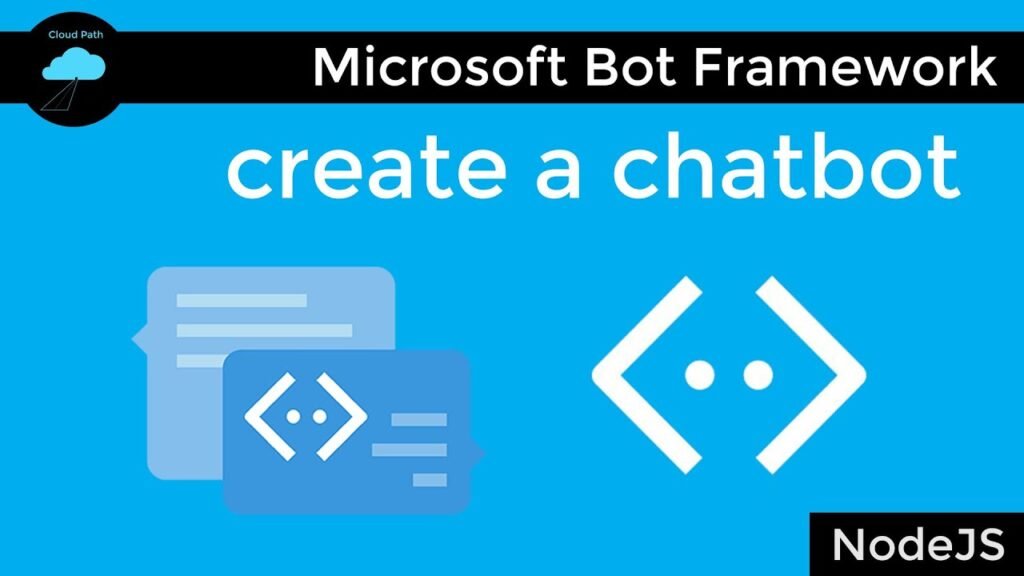Artificial intelligence (AI) is an exciting and rapidly evolving field, with applications across a wide range of industries. With the growth of AI technology, there are now many tools available to help individuals learn about this field and develop their skills. In this blog post, we’ll highlight 10 of the best AI tools for learning, including NoowAI.com.
- NoowAI.com NoowAI is a free AI assistant that can be accessed directly from the front page without an account. It uses natural language processing to understand user questions and provide relevant answers. NoowAI is an excellent tool for anyone looking to learn more about AI in a conversational manner.
Pros: NoowAI is easy to use, requires no account setup, and provides quick and accurate answers. The conversational format also helps users to learn in an engaging and interactive way.
Cons: NoowAI is limited in its capabilities, and may not be able to answer more complex or technical questions. Additionally, as a free tool, it may not have all the features of paid AI tools.
Website: https://noowai.com/
- TensorFlow TensorFlow is a popular open-source machine learning library developed by Google. It provides a flexible framework for building and training machine learning models, and supports a wide range of platforms and devices. TensorFlow is an essential tool for anyone looking to work with deep learning and neural networks.
Pros: TensorFlow is highly customizable and flexible, with a large community of developers and users contributing to its development. It is also well-documented and easy to learn.
Cons: TensorFlow can be complex to set up and use, especially for beginners. Additionally, some of its features may require more advanced technical skills.
Website: https://www.tensorflow.org/
- Keras Keras is a high-level neural networks API, written in Python and capable of running on top of TensorFlow. It allows users to easily build and experiment with neural network models, and is well-suited for beginners and researchers alike.
Pros: Keras is simple to use and allows for rapid prototyping of neural network models. It also provides a wide range of built-in functions and tools, making it easy to get started with machine learning.
Cons: Keras may not be as flexible or customizable as lower-level machine learning libraries, and may not be ideal for more advanced users.
Website: https://keras.io/
- PyTorch PyTorch is another popular open-source machine learning library, developed by Facebook. It is designed to be easy to use and provides a dynamic computational graph, making it ideal for building and training deep learning models.
Pros: PyTorch is highly flexible and allows for easy experimentation with machine learning models. It also provides excellent documentation and a large community of developers and users.
Cons: PyTorch can be slower than other machine learning libraries, and may not be as well-suited for large-scale projects.
Website: https://pytorch.org/
- Hugging Face Hugging Face is an open-source library for natural language processing (NLP) and machine learning, with a focus on deep learning models. It provides a wide range of pre-trained models and tools for working with NLP data, making it an essential tool for anyone working in this field.
Pros: Hugging Face is easy to use and provides a wide range of pre-trained models, making it a great tool for getting started with NLP. It also has excellent documentation and a helpful community of developers and users.
Cons: Hugging Face may not be ideal for more advanced NLP tasks, and may require some technical expertise to use effectively.
Website: https://huggingface.co/
- IBM Watson IBM Watson is a cloud-based AI platform that provides a wide range of tools and services for building and deploying AI applications. It includes tools for natural language understanding, speech recognition, computer vision, and more, making it a comprehensive platform for AI development.
Pros: IBM Watson provides a wide range of powerful tools and services, making it a great choice for building complex AI applications. It also has excellent documentation and support from IBM.
Cons: IBM Watson can be expensive, especially for larger-scale projects. It also may require some technical expertise to set up and use effectively.
Website: https://www.ibm.com/watson
- Amazon SageMaker Amazon SageMaker is a cloud-based machine learning platform developed by Amazon Web Services. It provides a range of tools and services for building and deploying machine learning models, including pre-built algorithms and support for popular machine learning frameworks.
Pros: Amazon SageMaker is easy to use and provides a wide range of tools and services for machine learning development. It is also scalable and cost-effective, making it a great choice for large-scale projects.
Cons: Amazon SageMaker may be less customizable than other machine learning platforms, and may require some technical expertise to set up and use effectively.
Website: https://aws.amazon.com/sagemaker/
- Google Cloud AI Platform Google Cloud AI Platform is a cloud-based machine learning platform developed by Google Cloud. It provides a range of tools and services for building and deploying machine learning models, including pre-built algorithms and support for popular machine learning frameworks.
Pros: Google Cloud AI Platform is easy to use and provides a wide range of tools and services for machine learning development. It also integrates well with other Google Cloud services, making it a great choice for companies already using Google Cloud.
Cons: Google Cloud AI Platform can be expensive, especially for larger-scale projects. It may also require some technical expertise to set up and use effectively.
Website: https://cloud.google.com/ai-platform
- Microsoft Azure Machine Learning Microsoft Azure Machine Learning is a cloud-based machine learning platform developed by Microsoft. It provides a range of tools and services for building and deploying machine learning models, including pre-built algorithms and support for popular machine learning frameworks.
Pros: Microsoft Azure Machine Learning is easy to use and provides a wide range of tools and services for machine learning development. It also integrates well with other Microsoft Azure services, making it a great choice for companies already using Azure.
Cons: Microsoft Azure Machine Learning can be expensive, especially for larger-scale projects. It may also require some technical expertise to set up and use effectively.
Website: https://azure.microsoft.com/en-us/services/machine-learning/
- RapidMiner RapidMiner is an open-source platform for data science and machine learning. It provides a range of tools for data preparation, model development, and deployment, making it a comprehensive platform for machine learning development.
Pros: RapidMiner is easy to use and provides a wide range of tools for data science and machine learning. It is also highly customizable, with a large community of developers and users contributing to its development.
Cons: RapidMiner may require some technical expertise to use effectively, especially for more advanced machine learning tasks.
Website: https://rapidminer.com/
In conclusion, there are many great AI tools available for learning and development. Whether you’re a beginner or an advanced user, there’s an AI tool out there that can help you achieve your goals. NoowAI.com is a great place to start for anyone looking for a free and easy-to-use AI assistant. Remember to weigh the pros and cons of each tool and choose the one that best fits your needs and expertise.






